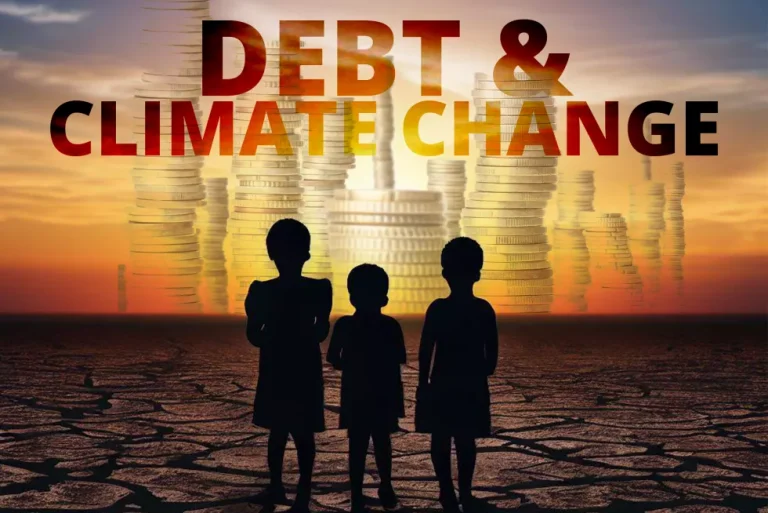A groundbreaking report by ActionAid International reveals that fossil fuel and industrial agriculture sectors, which contribute heavily to the climate crisis, are receiving over $600 billion in public subsidies annually from climate-hit countries in the Global South.
The report, titled How the Finance Flows: Corporate Capture of Public Finance Fuelling the Climate Crisis in the Global South, highlights the alarming disparity between subsidies for destructive industries and the inadequate climate finance from the Global North to address climate action.
On average, the Global South allocates $677 billion annually in public finance to these sectors—money that could otherwise fund critical public services like education. For instance, this amount could pay for the schooling of all children in sub-Saharan Africa 3.5 times over.
The fossil fuel sector alone has received a staggering $438.6 billion in public subsidies every year between 2016 and 2023, while industrial agriculture has benefited from $238 billion annually between 2016 and 2021.
Multinational corporations, such as Shell and Bayer (parent company of Monsanto), are among the primary beneficiaries of these subsidies, despite their significant contributions to climate destruction.
Insufficient climate finance from the Global North
In contrast, the report shows that climate finance grants from Global North countries amount to only 1/20th of the funds that the Global South spends on fossil fuels and industrial agriculture. This lack of sufficient climate finance forces climate-vulnerable countries into harmful development pathways that exacerbate environmental degradation, land grabs, and the worsening effects of climate change.
The report underscores that renewable energy projects in the Global South receive 40 times less public finance than fossil fuels, further hampering efforts toward sustainable energy transitions.
Arthur Larok, Secretary General of ActionAid International, condemned this imbalance, stating, “Wealthy corporations are draining the life out of the Global South by siphoning public funds and fueling the climate crisis. The hollow promises of climate finance by the Global North must end—it’s time for genuine commitments to solve the climate crisis.”
Call for urgent action
The report calls for public finance to be redirected from climate-destructive sectors to people-centered climate solutions that protect communities’ rights to food, energy, and livelihoods.
This includes scaling up decentralized renewable energy systems and supporting agroecological practices in agriculture. Additionally, it advocates for wealthy countries to provide trillions of dollars in grant-based climate finance to the Global South, ensuring these nations can pursue just transitions from fossil fuels and industrial agriculture.
Teresa Anderson, ActionAid International’s Global Lead on Climate Justice and co-author of the report, emphasized the need to overhaul the global financial system. “The lack of public and climate finance means renewable energy is receiving 40 times less public finance than fossil fuels in climate-vulnerable countries. We must fix the finance flows fueling the climate crisis.”
Communities bear the brunt
Jonah Gbembre, an activist from Nigeria’s Delta State, which has been devastated by Shell’s fossil fuel extraction, spoke about the direct impacts on local communities.
“Our rivers are polluted, fishing is impossible, and health problems from flaring are widespread. Our taxes should not be supporting oil companies that destroy our way of life. Instead, the government should invest in alternative energy like solar and wind.”
Recommendations for change
The ActionAid report made the following key recommendations, including:
- Redirecting public finance to support just transitions from fossil fuels and industrial agriculture to sustainable, people-led solutions.
- Expanding decentralized renewable energy systems and providing gender-responsive agricultural services.
- Wealthy countries must provide trillions of dollars in climate finance grants to Global South nations and agree to an ambitious new climate finance goal at COP29.
- Strengthening regulations for banking and finance sectors to halt destructive financing practices and establishing minimum standards for human rights, social, and environmental frameworks.
The report underscores the urgent need for transformative changes in how public funds are allocated, ensuring that they contribute to climate resilience rather than exacerbating the crisis.
As climate change continues to disproportionately impact the Global South, ActionAid’s findings offer a critical call to action for global leaders ahead of upcoming international climate negotiations.



